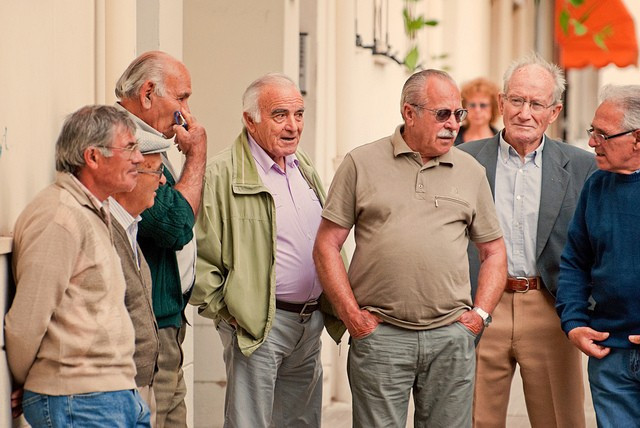In 15 years' time, British men and women will have almost the same life expectancy

In 15 years' time, men and women will have the same life expectancy, according to a new study.
Published in leading British medical journal, The Lancet, the research suggests that average life expectancy for women will rise from 83.3 in 2012 to 87.6 in 2030. For men, it is predicted to increase from 79.5 to 85.7.
In Berwick-upon-Tweed, Sevenoaks and Dartford, male life expectancy is expected to be just a few months less than that of women in 15 years' time.
The official forecasts from the Office for National Statistics are higher, by 2.4 years for men and one year for women.
Majid Ezzati, of Imperial College London, senior author of the study, said: "Pensions will have larger payouts than planned, and health and social services will have to serve an even older population than currently planned."
The narrowing gap is caused by less manual labour, traditionally undertaken by men, and increases in unhealthy behaviours, such as smoking and drinking, among women.
Rick Muir, a health policy expert at the Institute for Public Policy Research think-tank, told The Times: "The impact of increased lifespan on things like social care and health costs depends on whether we get better at managing chronic conditions. If we do then people can live healthy longer lives. If we don't, this will mean more illness and rising health costs."
John Ashton, president of the Faculty of Public Health, told the paper that forecasting the future was always "precarious", but that he was concerned about the potential rise in health inequalities.
"Do you accept that or think it is unacceptable?" he said. "It is a moral, but also political and economic question."
© Copyright IBTimes 2025. All rights reserved.



















